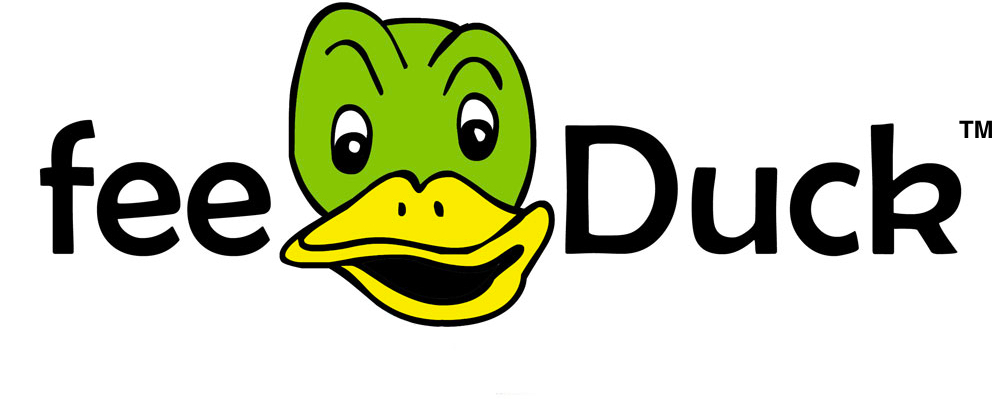The New CMHC Mortgage Rules: Here’s What You Need to Know

At the start of June, the Canada Mortgage and Housing Corporation (CMHC) announced some rule changes to its insured mortgages. In light of the ongoing Coronavirus pandemic, the crown corporation has decided to no longer allow borrowed down payments. It’s also upping its minimum credit score and lowering its maximum debt servicing ratios.
The new rule changes come into effect July 1, 2020 for anyone buying a home with less than 20 percent down and taking out a CMHC insured mortgage.
At first these rule change seemed like a big deal. However, CMHC isn’t the only game in town. Genworth and Canada Guaranty also offer mortgage default insurance. Historically speaking Genworth and Canada Guaranty almost always follow CMHC lockstep, but not this time. Both private insurers have decided not to follow CMHC’s lead, so the old mortgage qualifying rules for insured mortgage remain in effect with those insurers.
Nevertheless, I thought it would be helpful to review the new mortgage rules, so without further ado, here’s an in-depth look at them.
Flexible Down Payments
It may be hard to believe, but up until the rule changes you could purchase a home in Canada with a CMHC insured mortgage with no money down.
Called a flexible down payment, not all mortgage lenders offer the program, but some do. Using this program, you can use money from your credit card, line of credit or loan towards your down payment. Lenders don’t have an issue with it as long as your mortgage debt ratios are in line.
CMHC is doing away with this program as of July 1, 2020. If you’re applying for a CMHC insured mortgage, you’ll need to come up with your down payment funds from your own resources or as a gift from your parents, not from borrowed funds.
This program wasn’t overly popular with Canadians, so this rule change shouldn’t have much of an impact. Meanwhile, the private mortgage insurers Genworth and Canada Guaranty will still be offering this program after July 1, 2020 if you still want to use it.
Higher Minimum Credit Scores
The minimum credit score you need for a CMHC insured mortgage is going up. Previously you only needed a 600 credit score to qualify for a CMHC insured mortgage (although most lenders wanted a credit score of at least 620). The minimum credit score is now 680 for the main borrower for a CMHC insured mortgage.
This change is likely to affect homebuyers more than the elimination of the flexible down payment on CMHC insured mortgages.
Payment history is the most important factor for your credit score. If you missed some bill payments during COVID-19, this could cause your credit score to drop.
The second most important credit score factor is credit utilization (how much of your available credit you’re using). If you took on new debt during COVID, again this can cause your credit score to drop (especially if you’re getting close to being maxed out).
Equifax also recently revised its credit report to provide further credit history to lenders. This could potentially cause your credit score to drop further.
Again, Genworth and Canada Guaranty have decided not to follow suit. If you can’t meet the new stricter minimum credit score of 680, most lenders offer mortgage default insurance through Genworth and Canada Guaranty, so you still have plenty of options.
If you’re considering buying a home and your credit score is borderline, it’s a good idea to speak with a mortgage broker and see what your options are.
Lower Debt Servicing Ratios
The third change to CMHC insured mortgages is that the maximum debt servicing ratios have been lowered. Debt servicing ratios are what mortgage lenders use to determine how much you can afford to spend on a home.
The maximum debt servicing ratios on CMHC insured mortgages have been lowered from 39 percent for the GDS ratio and 44 percent for the TDS ratio, to 35 percent for the GDS ratio and 42 percent for the TDS ratio. This effectively reduces your maximum purchasing power by about 10 percent.
Similarly to the last two rule changes, Genworth and Canada Guaranty didn’t follow suit. If you need the additional borrowing power, mortgage lenders will simply submit your mortgage application to Genworth and Canada Guaranty instead of CMHC. As long as everything else looks good on the application, you shouldn’t have any issue getting approved with Genworth of Canada Guaranty.
The Bottom Line
The government continues to keep making the mortgage rules more complicated as time goes on. It’s a good idea to be in constant contact with a mortgage broker to help understand how the new mortgage rules might impact you.
Written by Sean Cooper Sean Cooper is the bestselling author of the book, Burn Your Mortgage: The Simple, Powerful Path to Financial Freedom for Canadians. He bought his first house when he was only 27 in Toronto and paid off his mortgage in just 3 years by age 30. Sean’s helping others with their mortgages as an independent mortgage broker. Get in touch with him for all your mortgage needs. For a free mortgage consultation, email Sean@BurnYourMortgage.ca or call 647–867–3711.
